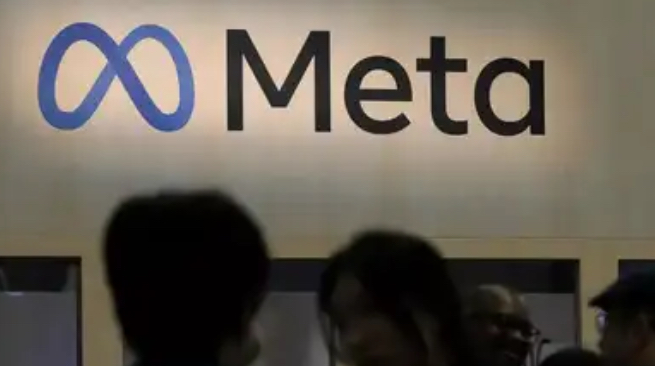In a surprising turn of events that has sent ripples through the technology and legal communities, Meta, formerly known as Facebook, finds itself at the heart of a legal controversy involving copyright infringement. This saga began when internal documents revealed that Mark Zuckerberg, the CEO of Meta, had greenlit the use of pirated materials from Library Genesis (LibGen) to train the company’s artificial intelligence (AI) models. This decision, while aimed at advancing Meta’s AI capabilities, particularly for its Llama language model, has now placed the company under intense scrutiny and legal challenge.
The revelation came to light through a series of court documents unsealed by Judge Vince Chhabria of the U.S. District Court for the Northern District of California. These documents were part of a lawsuit brought against Meta by several authors, including notable names like Sarah Silverman and Ta-Nehisi Coates. The plaintiffs argue that Meta’s use of pirated books and articles from LibGen constitutes a clear violation of copyright law, asserting that their intellectual property was used without consent to train AI systems.
The controversy centers around Meta’s decision to use what was internally referred to as a “data set we know to be pirated.” Employees within Meta had expressed concerns about the legality and ethical implications of downloading content from LibGen, with some even questioning the propriety of “torrenting from a corporate laptop.” Despite these reservations, the internal memo detailed that after “escalation to MZ,” which evidently stands for Mark Zuckerberg, the AI team was given the go-ahead to proceed.
The legal filings suggest that Meta not only used these pirated works but also actively took steps to remove any copyright information from these texts to obscure the infringement. An engineer named Nikolay Bashlykov, part of the Llama research team, reportedly wrote scripts to strip out any mentions of “copyright” or “acknowledgments” from the e-books sourced from LibGen. This action, according to the plaintiffs, was not only for training purposes but also to prevent Meta’s AI from reproducing copyright notices that could alert users or the public to the infringement.
Meta has defended its actions by citing the doctrine of “fair use,” which allows for copyrighted material to be used in transformative ways without permission. However, the plaintiffs and legal analysts argue that the scale and nature of Meta’s use might not qualify under this legal protection, especially considering the commercial intent behind training AI models for profit.
This case has broader implications for the tech industry, particularly for companies involved in AI development, where the hunger for data to train sophisticated models often clashes with copyright laws. The use of shadow libraries like LibGen, known for hosting pirated academic papers and books, raises ethical questions about the lengths to which companies will go to gain competitive advantages in AI technology.
The internal reaction at Meta has been one of concern and confusion. Employees had previously voiced their worries about the implications of such practices, not just on a legal front but also on their company’s reputation. There were discussions about how this could undermine Meta’s negotiating position with regulators, who are increasingly scrutinizing tech companies’ data practices.
The public’s reaction has been mixed. On social platforms, particularly X (formerly Twitter), there’s been a significant amount of discourse. Some users see this as a clear violation of copyright law, while others debate the nuances of fair use in the context of AI development. There’s a trending sentiment on X that this move by Zuckerberg might be seen as a strategic political alignment, especially given Meta’s recent policy shifts that have been perceived by some as pandering to certain political climates.
In response to these allegations, Meta has not yet issued a comprehensive public statement but has historically maintained that its use of such datasets is within legal bounds. Critics, however, argue that this incident might force a reevaluation of how tech giants source data for AI training, potentially leading to new guidelines or even legislation on the use of copyrighted materials in AI development.
The legal battle is ongoing, with many watching closely to see how this case might influence future interpretations of fair use in AI. If Meta loses, it could set a precedent that would compel tech companies to seek explicit permissions or pay for the use of copyrighted materials in AI training datasets. On the other hand, a win for Meta might embolden more companies to push the boundaries of current copyright laws under the guise of innovation.
This situation has also sparked a broader conversation about the ethics of AI development, the balance between technological advancement and legal compliance, and the responsibilities of tech leaders in navigating these complex waters. As the case progresses, it will undoubtedly serve as a litmus test for the legal and ethical frameworks surrounding AI development in the digital age.

